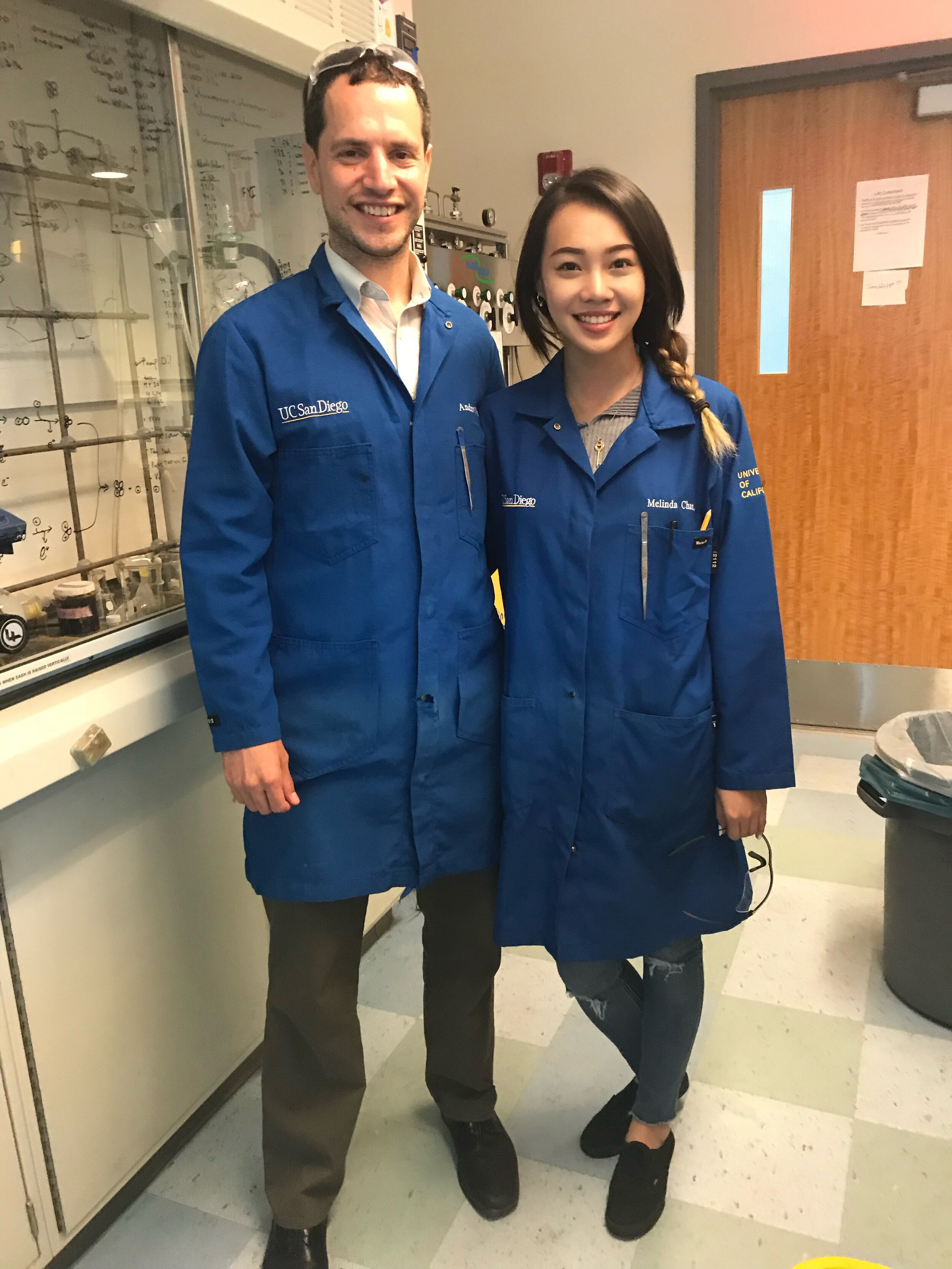Breaking Bad, The Female Edition (#24)
5 Minute Read
As a continuation of our deep-dive into Asian American women in STEM, we have invited Melinda, a Ph.D. student at Caltech to share her experience. Melinda’s family is located in China, which can occasionally amplify the generation gap due to east-west differences. Just like Cindy’s post from last week highlights the stark difference in male privilege, we hope that Melinda’s journey can inspire other international women to pursue their passions despite what tradition might say.
—————-
Melinda
When I first chose to go into STEM after I graduated high school, the decision was solely based on the fact that I really enjoyed Chemistry and was really good at it as well. I didn’t give too much thought into what learning STEM as a woman could mean when I chose my major for undergrad. I did not realize until my third year of college that a PhD is almost always required for a good job in chemistry, which adds another 5-6 years of schooling. As a woman, I have always wanted to get married in my late 20s and establish a stable job/family around the age of 30, which could all be jeopardized by graduate school. Knowing that I would earn my PhD when I am around 27 years old really held me back from applying for a long time, because ages 22-27 are often viewed as a girl’s golden years, especially in Asia. The traditional belief is that women lose their beauty after thirty, whereas men become more prominent (男人三十而立).
My passion for organic chemistry ended up overriding any qualms about when to get married or have children, because it was more important that I enjoy my work. That being said, my last year at UCSD became a mental health nightmare due to the stress of applying to graduate schools. I experienced so many mental breakdowns after constantly scoring poorly on the GRE, losing my social life entirely, and struggling to see the end of the tunnel. I got into so many big fights with my close friends whom I never imagined even arguing with. I shut myself down in a lot of ways for self-preservation and closed myself inside a bubble of negative energy. To this day, I am still so appreciative of the people that were there for me during that time because I did not even want to be around myself. I remember calling my parents after my anxiety had reached its peak and telling them that I wanted to go home for a gap year. Unfortunately, they vetoed that idea because it would push the timeline back even further, and 28 was simply too old for a “girl” so I had to push through.
After all of that hard work, I finally got accepted at CalTech and everything shifted as the mental health support system at a private school tends to be better than a public school. I am also grateful to have a supportive PI who creates a healthy working environment, and helpful coworkers that build each other up. The graduate school workload is incredibly overwhelming though, and I am not looking forward to the months or years of work that could be discarded overnight due to typical hiccups in research. Women are also very susceptible to sexual harassment at work, which is one of the reasons that our lab does sexual harassment training on an annual basis to make sure that people speak up when things bother them. There is a significant difference in how women in STEM are treated when it comes to interpersonal dynamics. Friendliness can be misconstrued as “begging for it” and unsolicited physical contact can be easily brushed off as an “innocent joke.” I have learned to stand my ground and hold fast to my own boundaries, even if it means being called bossy or aggressive, because my first priority is to be a chemist. I just so happen to also be a woman.
I think a lot of women end up not going to professional school or graduate school because of that hefty time commitment and the predominantly male colleagues. However, I still want to encourage everyone who has a passion in STEM to go as far as you want to go. In my experience, even though women face multiple obstacles that men might not face at work, all of my female coworkers are just as smart and as hardworking as the males. Graduate school also does not necessarily mean family planning has to be put on hold, with many graduating housing options supporting couples or families. Two of my female colleagues got married while pursuing their PhDs -- one of them even had a child -- and they are still doing great in their degree progress. There is a highly respected professor on my floor who also happens to be a woman, and her work receives just as much distinction as the male professor who shares the same floor. There will always be expectations and mindsets that keep us from moving forward in our dreams, but if you are going to give life your best shot, might as well go hard for the passions that you truly believe in.
—————-
If you’re looking to break into drug synthesis (organic chemistry) please reach out to Melinda here:
Email: tcchan@caltech.com
